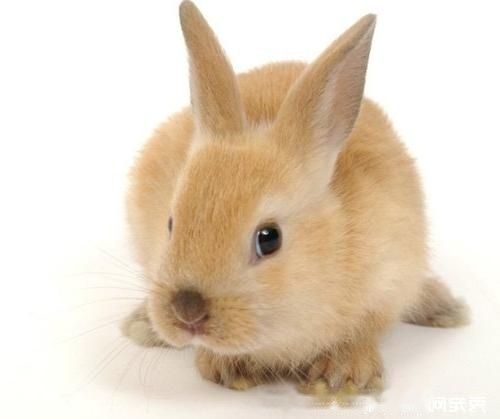As the name suggests rabbit drooling disease is the drooling of rabbits. Under normal circumstances, rabbits do not drool. We rarely see rabbits drooling. This can only mean one problem. The rabbit is sick. , Most of this happens to baby rabbits, and most of them are in summer! So what is the cause of rabbit drooling? How to prevent it?

1. The etiology of salivation in rabbits
Rabbit salivation is an acute infectious disease caused by virus-induced vesicular inflammation of the mucous membranes of the mouth, lips and tongue of young rabbits stomatitis. Oral diseases, such as malocclusion, panting too fast in hot season, nerve damage, etc. Salivation disease mainly affects young rabbits within 3 months of age, and young rabbits are especially susceptible to infection at 1-2 weeks after weaning.
2. Symptoms of salivation disease in rabbits
Rabbits are also a skill in the hot summer, so it is recommended not to buy rabbits in summer Entering new rabbits, because the rabbits after weaning are prone to salivation disease, the diseased rabbits will mainly show the following symptoms.
Symptoms
In the early stage of the sick rabbit, the oral mucus was reddened, and then blisters of different sizes appeared on the lips, tongue and other parts of the mouth, and the blisters were filled with Fluid, and many small white or off-white pustules, which soon burst open to form plaques or ulcers, and begin to shed foul-smelling saliva that runs down the jaw and becomes wet and sticky, causing inflammation or hair loss , do not like to eat or do not eat. In severe cases, the fever is above 40°C, the spirit is depressed, the diarrhea is continuous, the weight is gradually lost, and the death occurs after about 5-10 days.
3. Treatment of rabbit salivation disease
Rabbit salivation disease is also called contagious stomatitis, as the saying goes, it is called rotten tongue. This disease is an acute infectious disease caused by a virus. It mainly harms young rabbits that have been weaned shortly after birth. Adult rabbits are rarely found. If found, they should be isolated and treated in time.
Treatment
Rinse mouth with 0.1% potassium permanganate, 2% boric acid, 2% alum, or 1% saline, then rub Iodine glycerin; or sprinkle ice boron powder, penicillin powder, alum powder; or sprinkle Indigo Naturalis powder, that is, 10 grams of Indigo Naturalis, Coptis chinensis, Scutellaria baicalensis, 6 grams of catechu, and 3 grams of alum, grind into fine powder, 2-3 times a day ; Or take sulfamethazine tablets 0.2 grams per kilogram of body weight orally once a day for 5-7 days.
4. Preventive measures for rabbit salivation disease
Rabbit salivation disease is a highly contagious disease that mainly threatens the newly weaned offspring with poor resistance. Rabbit, the course of salivation disease is about a week. If it is found that it is not treated in time, it will eventually lead to a high mortality rate in rabbits, so it is very important to prevent the disease.
Preventive measures
Strengthen feeding management, do a good job in environmental sanitation, and do a good job in preventive work; Disinfect with 2% hot alkaline water; the sick rabbits should be isolated in time, symptomatic treatment should be done to prevent the spread of the disease, and the unaffected young rabbits can be fed an appropriate amount of sulfadiazine or Liushen pills.
![[Dog Training 5] The training method of pet dog dining etiquette](/static/img/12192/12192_1.jpg)




